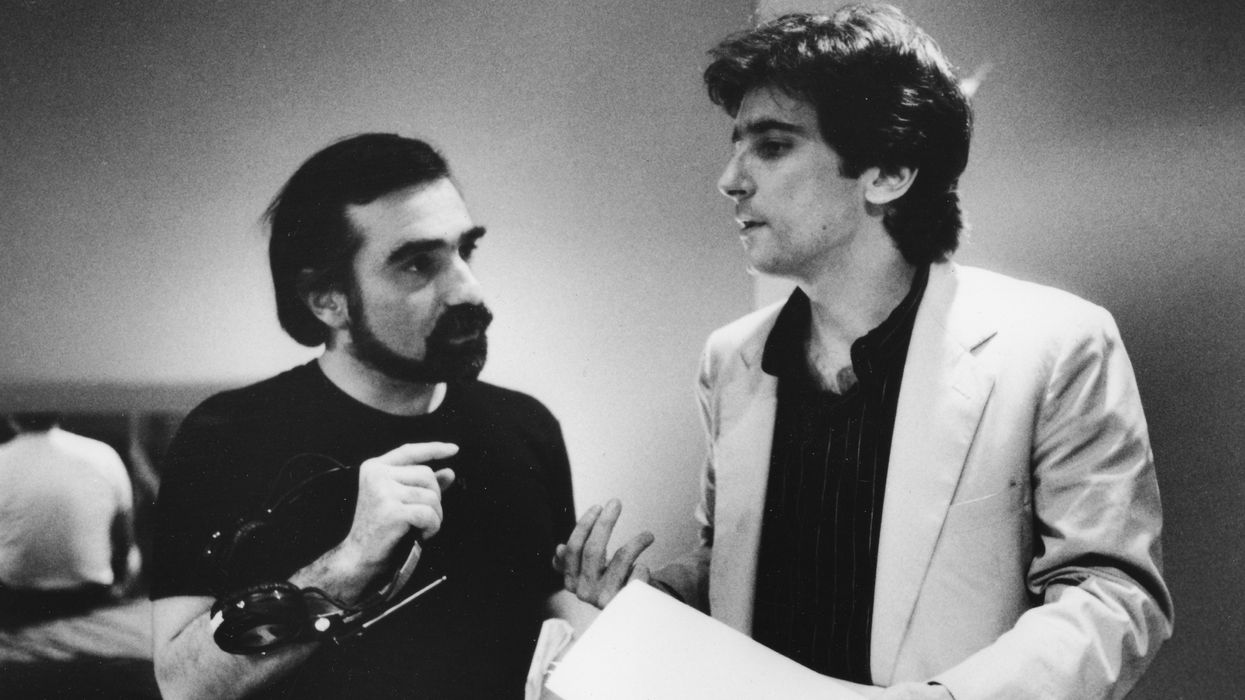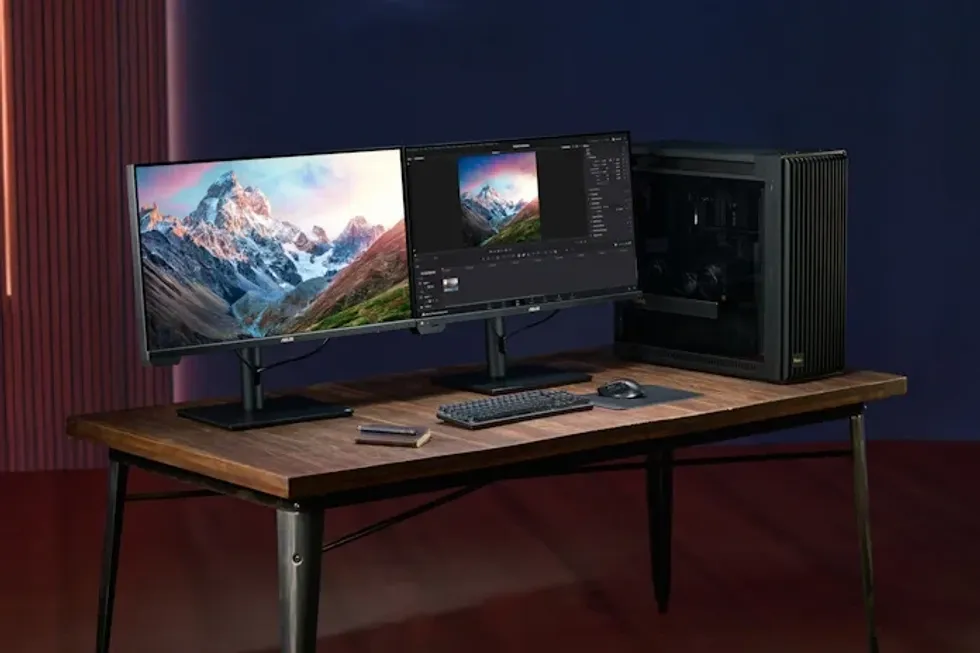Watch This Essay on 'After Hours,' Scorsese's 'Forgotten' Screwball Nightmare

After the startlingly original Raging Bull, a film that lived up to its title and has been voted the best (and, to my mind, most indie-spirited) Hollywood film of the 1980s, Martin Scorsese took a brief detour into uncharted territory with his next two offerings. In 1985, the brief, hilarious and absurd After Hoursfocused on one night in the life of Paul Hackett, an office drone from the Upper East Side (in the film, his character lives on my childhood street, which is fascinating... to me) as he pursues Rosanna Arquette. And whereas Raging Bull had the epic scope of a Tolstoy novel, After Hours was like a short story by Kafka. When he impulsively takes a cab to SoHo in pursuit of Arquette, Dunne's fish-out-of-water yuppie is entering a parallel universe, which was not too far from the reality of the differences between uptown and down in the 80s.
"There is manic energy in the air, a dramatic gravity, an aura of meaningfulness—but these are effects given more by the hyper-restless camera, by the insistent cutting to insert details, by the music (here composed by Cronenberg’s regular collaborator, Howard Shore), by the overlapping voices and noises (it’s a screwball soundscape where nobody much listens to anybody else)"
Instead of romance, what Hackett finds is Linda Fiorentino in an unforgettable turn as the artist Kiki Bridges; suicide; unstable waitresses from the wrong decade; paranoia in the streets; a cat burglar on the loose; and a punk rock club on Mohawk Night (don't ask.) Oh, and Cheech and Chong and Bronson Pinchot. In this video, made by Adrian Martin & Cristina Álvarez López for MUBI Notebook, they pull back the curtain and show, among other insights, that while the film is ostensibly about a night out, it's really about traps, and how the deserted open spaces can function as a maze, built to confine and stymy Dunne with opaque rules, or just plain absurdity (cf. "Before the Law" and "The Problem of Our Laws," two of Kafka's short parables). This disorientation applies to the audience just as much to Dunne; it's a film about New York, alienation, mistaken identity, and randomness, though not necessarily in that order. It's also one of Scorsese's funniest films, (funnier, I would argue, than its immediate predecessor, 1983's surreal The King of Comedy.) What did you think about this video essay — and the film that inspired it?
Source: MUBI















